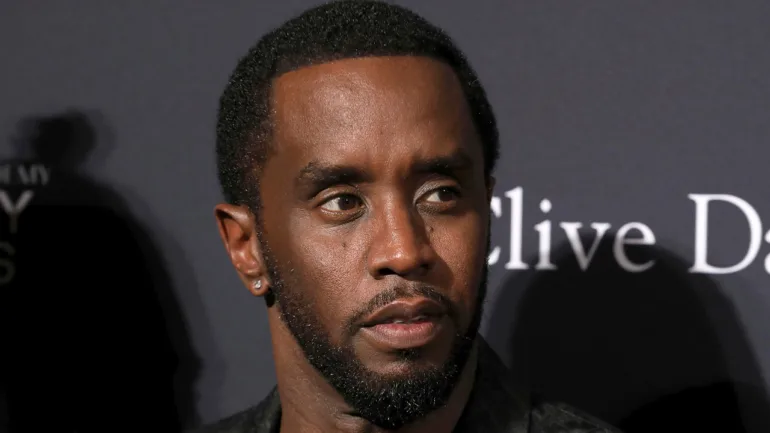Jurors will begin deliberations Monday in the federal trial of Sean “Diddy” Combs, who faces life in prison if convicted on charges including racketeering, sex trafficking, and transportation for the purpose of prostitution.
The 55-year-old music mogul is accused of using his fame, wealth, and influence to operate a criminal enterprise that allegedly coerced women into drug-fueled sexual encounters, often involving escorts. Over seven weeks, 34 witnesses testified against him in what prosecutors described as a disturbing portrait of abuse and exploitation.
Combs has denied all charges.
On Friday, closing arguments revealed starkly different portrayals of the music producer. Defense attorney Marc Agnifilo described Combs as a “self-made, successful Black entrepreneur” who engaged in consensual, though sometimes “complicated,” relationships. While the defense acknowledged incidents of domestic violence, they argued that such conduct did not amount to the federal crimes of sex trafficking or racketeering.
Central to the government’s case are testimonies from two women: Casandra Ventura and another woman identified only as “Jane.” Both described emotional manipulation, physical abuse, and being coerced into sex acts. Prosecutors said their experiences reflect a broader pattern of systematic abuse enabled by Combs’s inner circle.
“He thought he was untouchable,” said prosecutor Maurene Comey. “But that ends in this courtroom. The defendant is not a god.”
The prosecution alleged that Combs ran a criminal organization comprised of senior employees who committed acts such as kidnapping, bribery, forced labor, and witness tampering to protect his interests. However, none of those individuals testified, nor were they charged as co-conspirators.
Agnifilo challenged the credibility of Combs’s accusers, asserting they were motivated by financial gain. He pointed to text messages suggesting consent, though prosecutors argued these didn’t reflect the full reality of coercion and psychological control. A forensic psychologist for the government testified about the dynamics of trauma bonding and manipulation.
To convict Combs on racketeering charges, jurors must unanimously find that he agreed with others in his organization to commit at least two predicate crimes beyond a reasonable doubt.
Judge Arun Subramanian will instruct the jury on how to apply the law to the evidence before deliberations begin. The panel of eight men and four women must reach a unanimous verdict on each of the five federal charges.


